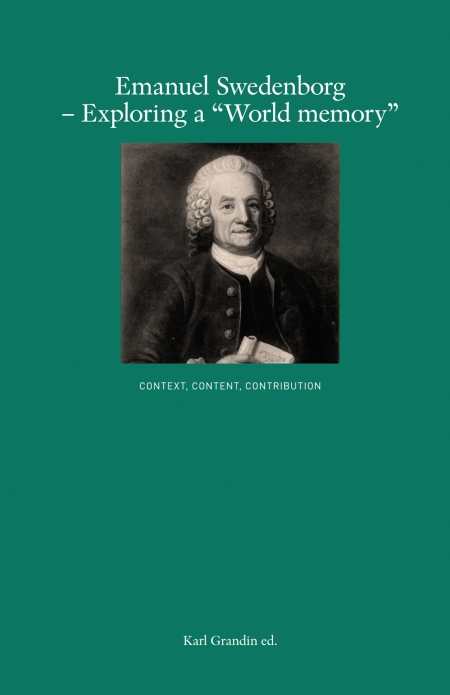Emanuel Swedenborg--Exploring a "World Memory"
Content, Context, Contribution
At the height of the Enlightenment, well into his mid fifties, one of Europe’s more respected scientific minds—author of numerous works on chemistry, physics, algebra, metallurgy, and human anatomy— suddenly began experiencing intense spiritual dreams and, within months, was in full-scale communication with the spiritual world.
This mother of all midlife crises prompted Emanuel Swedenborg to petition his king to be released from service on the Board of Mines so that he could publish some of religious history’s most provocative ideas on heaven, hell, angels, Jesus, devils, life on other planets, and so much more. These titles—Secrets of Heaven, Heaven and Hell, Divine Love and Wisdom, Divine Providence, and True Christianity—influenced William Blake, Samuel Taylor Coleridge, Yeats, Emerson, Henry and William James, and Zen author D. T. Suzuki, among untold others.
In 1849, the Pennsylvania-based Swedenborg Foundation was organized to “foster an affirmative, informed, and increasingly broad engagement with the spiritual experiences and theological works” of the man, including the publishing of books, translations, and the hosting of conferences. In 2010, one such scholarly conference was held at the Swedish Royal Academy of Sciences in Stockholm. Attracting Swedenborg scholars from around the world, submitted papers discussed three categories—Context, Content, and Contribution—the full breadth of which were recently compiled into Emanuel Swedenborg—Exploring a “World Memory.“
As both an introductory and insightful scholarly work, the book provides a superb compendium of Swedenborg’s life and influence.
Reviewed by
Matt Sutherland
Disclosure: This article is not an endorsement, but a review. The publisher of this book provided free copies of the book to have their book reviewed by a professional reviewer. No fee was paid by the publisher for this review. Foreword Reviews only recommends books that we love. Foreword Magazine, Inc. is disclosing this in accordance with the Federal Trade Commission’s 16 CFR, Part 255.

